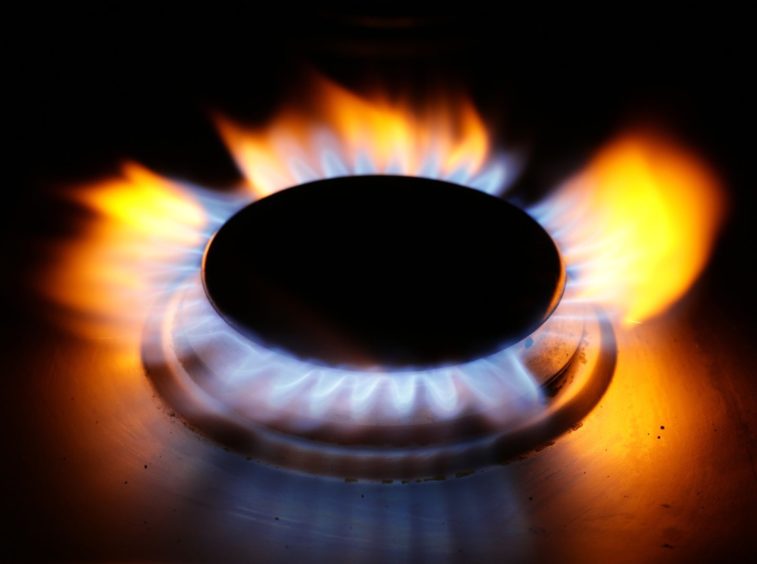
Pressure is growing on the UK energy regulator to account for its role in allowing a landslide of energy suppliers to go out of business, at a cost to consumers.
Ofgem is accused of failing to act to prevent poorly-run suppliers entering the market, whose subsequent collapse has left consumers with a bill that Investec Bank estimates at £3.2 billion ($4.2 billion). The watchdog is accused of regulatory failures and of being blinkered in recognizing rule-breaking.
“I think Ofgem has a lot of questions to answer as to whether or not it’s the right kind of regulator,” said Stephen Fitzpatrick, chief executive officer of Ovo Energy, Britain’s second biggest supplier.
A total of 24 domestic suppliers have collapsed since the start of August, as wholesale prices surged. Bulb Energy, the biggest one so far with 1.7 million customers, needed to be temporarily nationalized to avoid market chaos. It’s not over yet – some industry bosses expect just a handful of suppliers to be left by April.
There could be an inquiry into Ofgem’s part in the crisis in the new year, said Martin Young, analyst at Investec.
A surge in power and gas prices, to levels more than four times higher than usual for this time of year, will be reflected in bills – when contracts run out and are renewed and through the nation’s energy price cap. That’s on top of the costs that will be passed through to cover the bust suppliers.
“The meltdown in the supply market is likely to see substantial additional costs land on every GB household, hardly welcome when fuel poverty is an issue, inflation is an issue, and commodity costs look set to push energy bills up,” Young said.
Lessons to be learned
The government insists that the tools they have are working to manage the disruption. For it’s part, Ofgem is looking at imposing stricter capital requirements for gas and power suppliers. Many of those going out of business were partially or totally unhedged, leaving them vulnerable when prices increased dramatically.
The government expects suppliers to be properly hedged, Greg Hands, energy minister told a panel of lawmakers last week. He said there were lessons to be learned for companies still in the market.
The retail market needs to adapt to high prices on a long-term basis, though “clear and sharp” rules are needed on how companies buy energy in advance to supply customers, Ofgem Chief Executive Officer Jonathan Brearley said at another session last week.
With so many suppliers already bust, new rules may be too late.
“If we’re to believe the government’s narrative that only badly run supplies have gone bankrupt, then what on earth has Ofgem been doing allowing half of the market to be badly run?” said Kathryn Porter, energy consultant at Watt-Logic. “Ofgem has been asleep at the wheel.”
